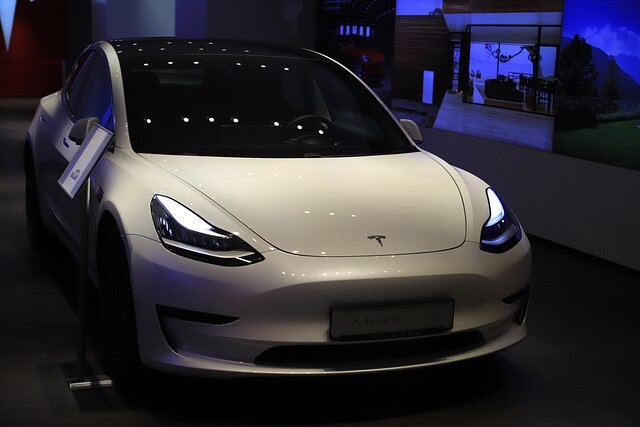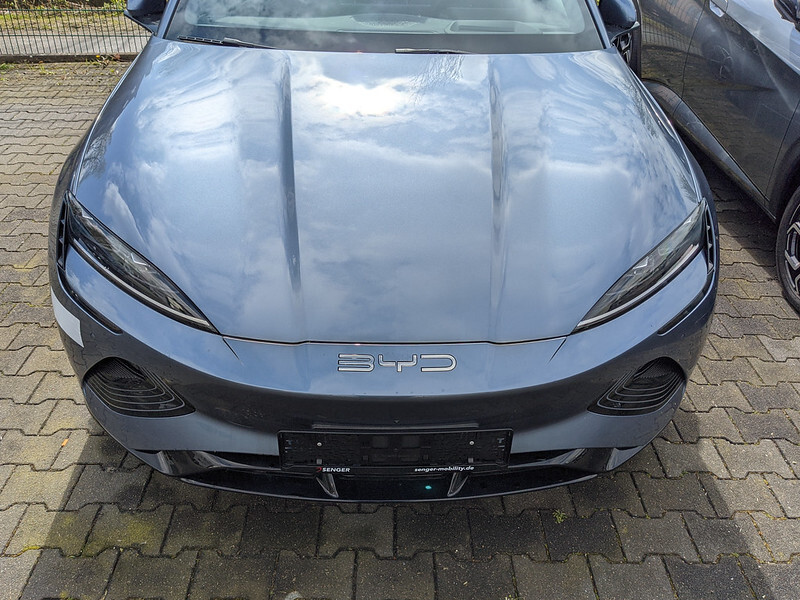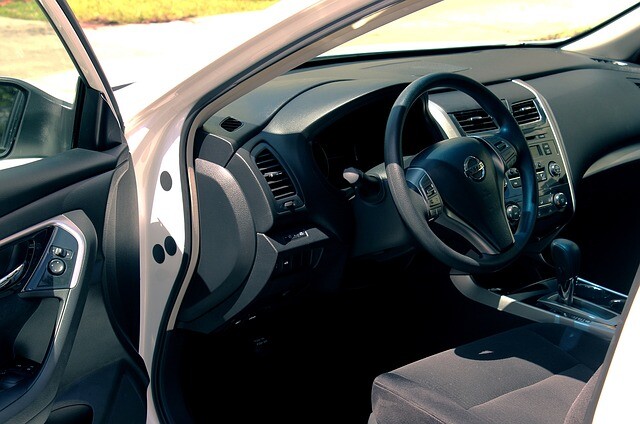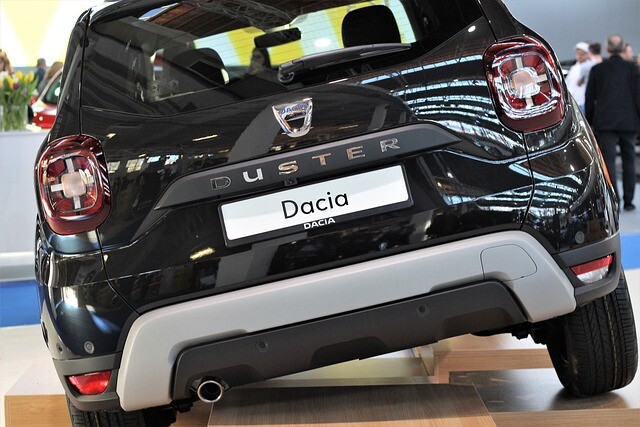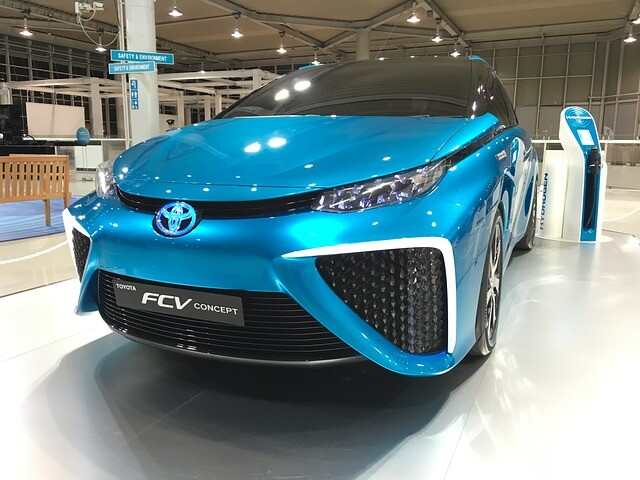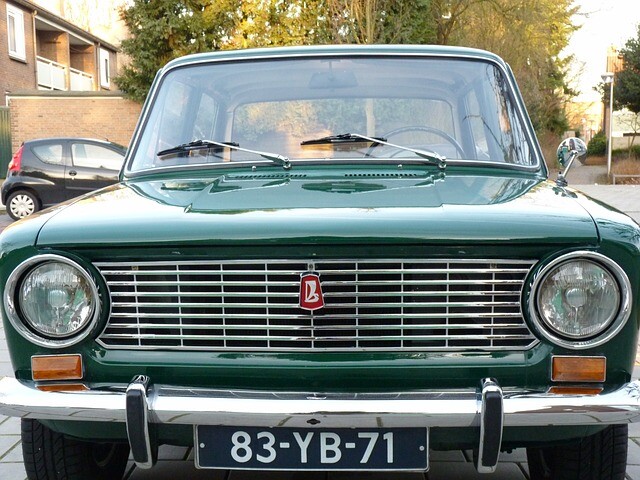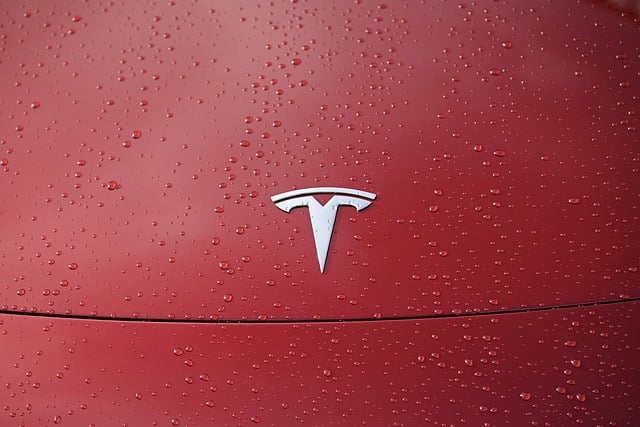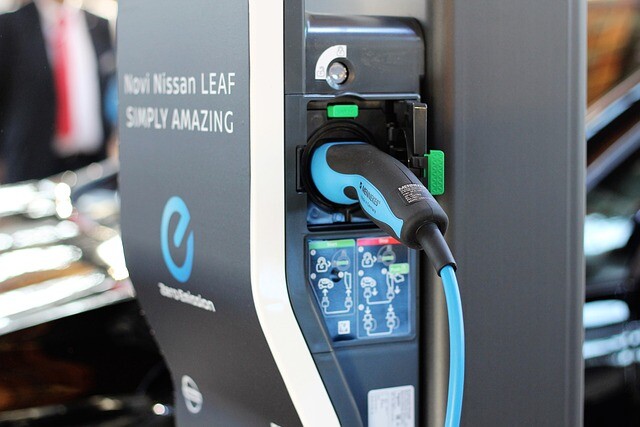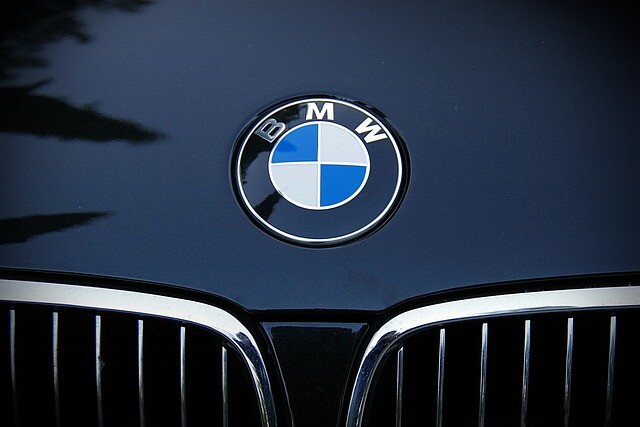Noise and heat reduction asphalt
They are experimenting with asphalt in Paris to reduce the noise caused by car traffic and summer heat.
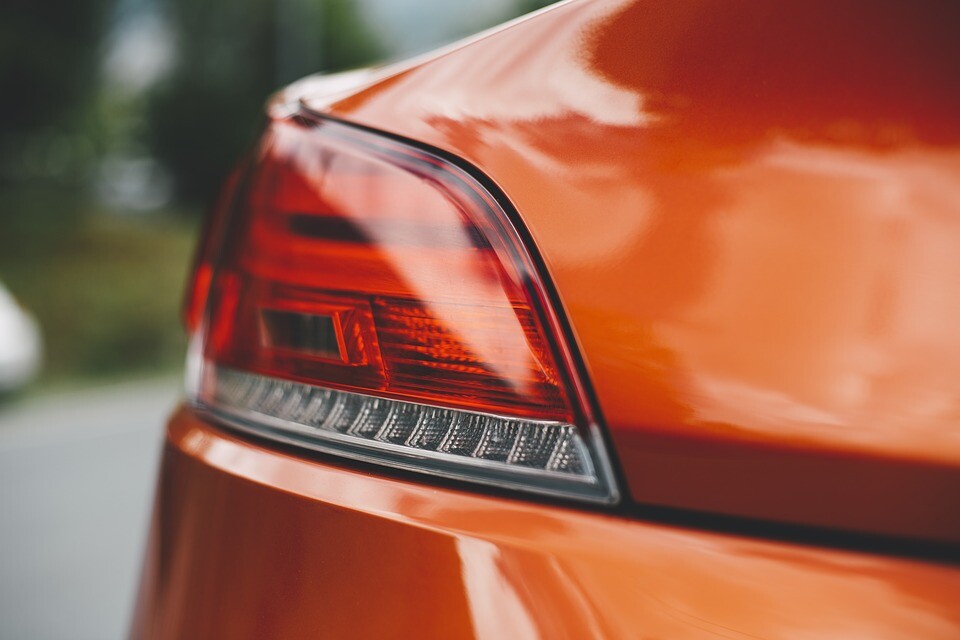
On the three busy boulevards of the French capital, a new asphalt was built on a 250-meter stretch, hoping to reduce the noise caused by vehicle traffic by half, and to cool its environment with water in summer.
The pavement developed by French companies is lighter, ie less light-absorbing, and more porous than usual to be able to store water and reduce ambient temperature without losing its durability.
The goal of the 2021 test is to reduce the temperature by 2 degrees Celsius (3 degrees Celsius in the case of pedestrians) and to reduce noise noise by at least 3 decibels.
The authorities promise that non-potable industrial water will be used for cooling asphalt.
Experimental pavements have been laid down on road sections where people are particularly vulnerable to environmental damage. If the experiment is successful, noise and heat reduction asphalt is spread throughout the city.
According to the municipality, 11 per cent of Parisians are exposed to the noise threshold above 68 decibels. On motorways elsewhere, they are experimenting with noise-absorbing pavements, but asphalt used on expressways is not suitable for urban use.
(Source: vezess.hu / photo: pixabay.com)

